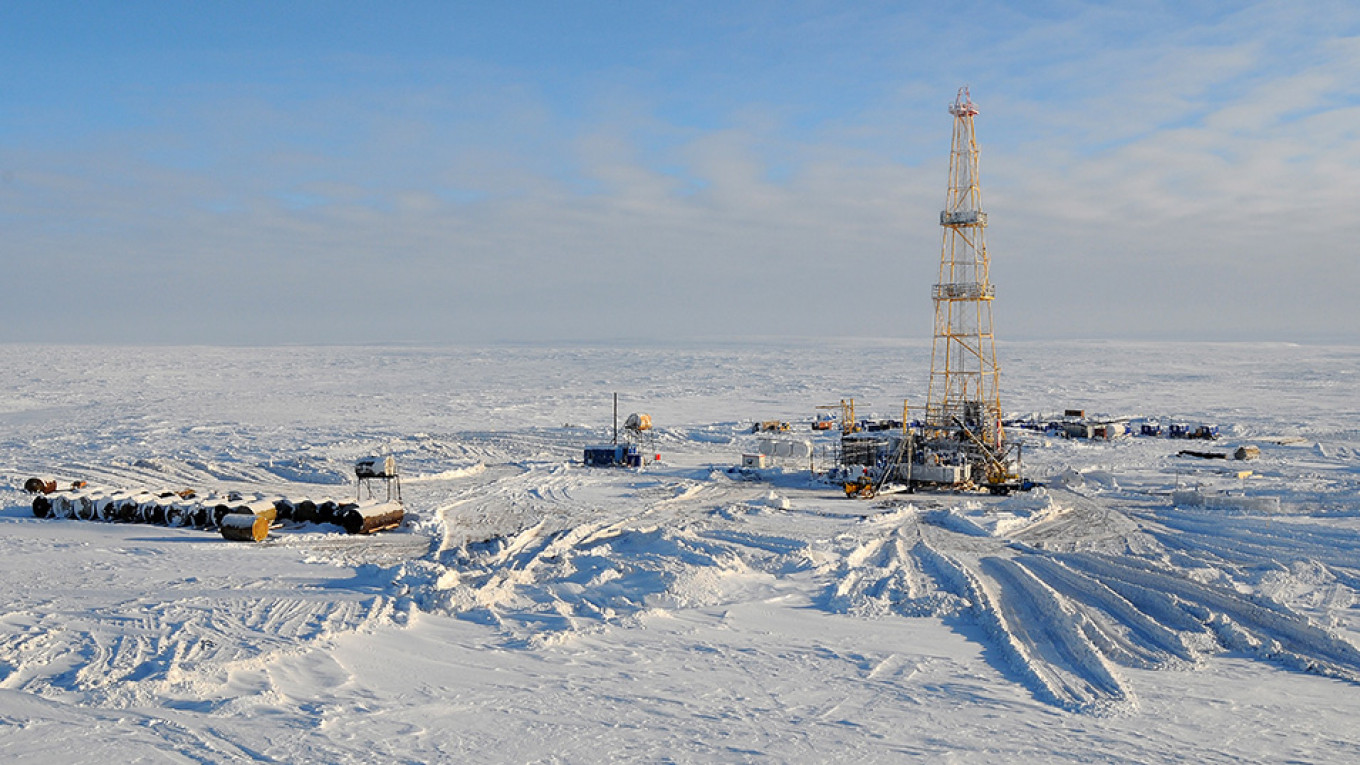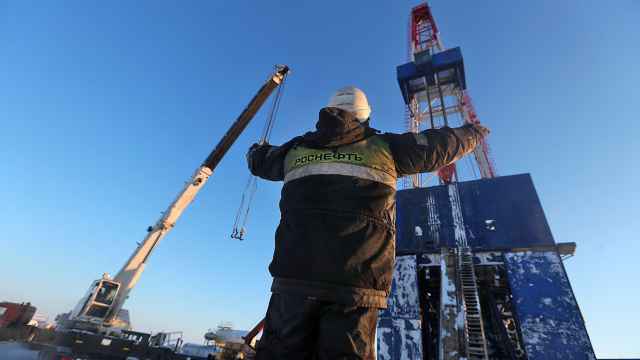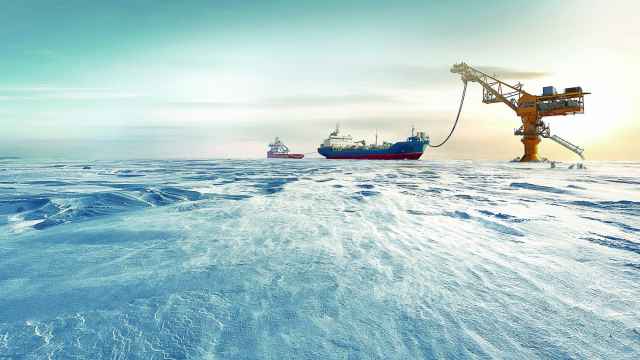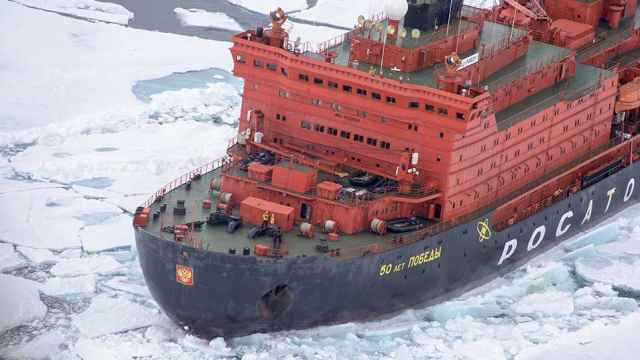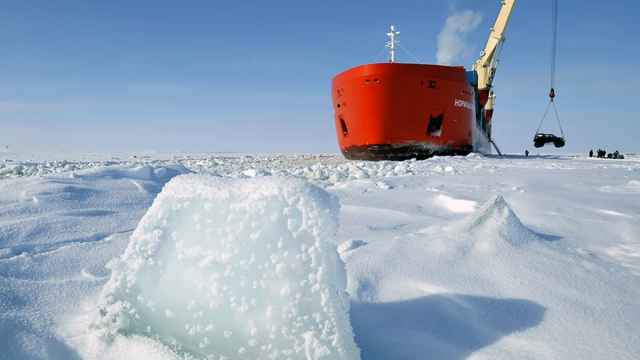A new $231 billion tax regime for the Russian Arctic is to provide for an unprecedented wave of investments in icy drilling.
The new legislation was hammered through the government on Jan. 30. It will give national oil companies incentives for major investments in Arctic oil, the country’s new Prime Minister Mikhail Mishustin says.
"These laws will create favorable conditions for Arctic investments, the development of unique fields and consequently the accelerated development of the Northern Sea Route," the premier underlined as his cabinet approved the legislation.
Northern Sea Route
The Arctic is high on the Russian political agenda and government officials are grappling with the task of how to reach 80 million tons of shipments on the Northern Sea Route by 2024. The shipping route is among the priorities in President Vladimir Putin’s so-called May Decrees from 2018.
Russia's Far East and Arctic development ministry prepared the new laws. According to the ministry, the major tax cuts that are included in the new legislation will pave the way for a series of new big oil and gas projects in the region. The projects will ultimately provide for a spike in shipments on the Northern Sea Route, the ministry argues.
Offshore drilling
New projects now are likely to be developed both offshore and on land, with overall investment reaching up to 14.7 trillion rubles ($231 billion), Far East and Arctic development minister Alexander Kozlov says.
That includes three new offshore projects with a price tag of 1.77 trillion rubles ($27.6 billion), his ministry said.
The offshore projects will be given a 5% oil production tax rate for their first 15 years.
Petrochemistry
Also, petrochemical projects in the region will be given big incentives. According to Kozlov, a new zero percentage mineral extraction tax will ultimately result in the development of three petrochemical projects in the region with investments totaling 2.9 trillion rubles ($46 billion).
It is natural gas company Gazprom that is likely to be driving force in the petrochemical projects. The state company is already planning the construction of a gigantic petrochemical plant in Bovenenkovo, the company hub in the Yamal Peninsula. It is to be able to produce about 3 million tons of plastics products polyethylene and polypropylene per year, company sources say.
Arctic Siberia
The Russian government also wants to intensify oil exploration in the country’s eastern Arctic regions, where it will introduce a zero-level extraction tax for the 12 first years of new projects.
"As a result, we are getting three new huge oil fields with about 10 trillion rubles ($157 billion) of investments," Kozlov said.
Among the eastern Arctic, the project is likely to include Rosneft’s plans for its Vostok Oil, the fields in the Vankor region and the export of oil through a new pipeline to the Taymyr Peninsula.
Transport and infrastructure development have also been included in the new legislation. The companies that build new seaports in the region will benefit from zero percent income tax for 10 years. And shipping companies operating in the region will have no VAT on shipments of export goods and icebreaker services.
A Message from The Moscow Times:
Dear readers,
We are facing unprecedented challenges. Russia's Prosecutor General's Office has designated The Moscow Times as an "undesirable" organization, criminalizing our work and putting our staff at risk of prosecution. This follows our earlier unjust labeling as a "foreign agent."
These actions are direct attempts to silence independent journalism in Russia. The authorities claim our work "discredits the decisions of the Russian leadership." We see things differently: we strive to provide accurate, unbiased reporting on Russia.
We, the journalists of The Moscow Times, refuse to be silenced. But to continue our work, we need your help.
Your support, no matter how small, makes a world of difference. If you can, please support us monthly starting from just $2. It's quick to set up, and every contribution makes a significant impact.
By supporting The Moscow Times, you're defending open, independent journalism in the face of repression. Thank you for standing with us.
Remind me later.


